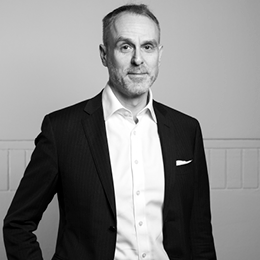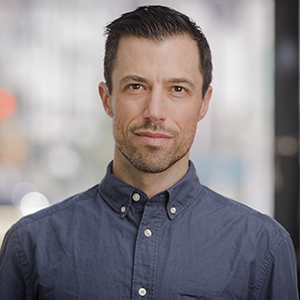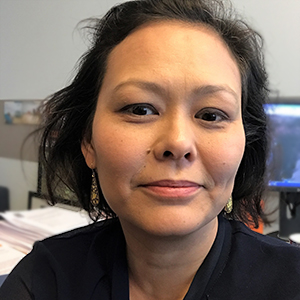 Janne Taalas | Chair
Janne Taalas | Chair
Janne Taalas is Director at the Crisis Management Initiative (CMI) — Martti Ahtisaari Peace Foundation Martti Ahtisaari Peace Foundation. Taalas joined CMI from the Finnish Foreign Ministry, where he has pursued a career as a diplomat for almost 25 years. He has extensive experience in international cooperation on peace and security issues, including the Organisation for Security and Cooperation in Europe (OSCE) and the United Nations. His work at the helm of CMI seems like a natural progression.
 Eric Werker | Presenter
Eric Werker | Presenter
Eric Werker is the William Saywell Professor at the Beedie School of Business at Simon Fraser University. He researches how less developed countries can build more thriving and inclusive private sectors, particularly when they are rich in natural resources, and how international actors can play a positive role in creating successful societies. Werker has written on foreign aid, private sector development, natural resource governance, non-governmental organizations, inter-governmental organizations, refugees, and Ebola.
Anke Hoeffler | Presenter
Anke Hoeffler is a Professor of Development Research at the Department of Politics & Public Administration at the University of Konstanz. In June 2018, she was offered an Alexander von Humboldt Professorship, Germany’s most valuable international research award. Before coming to Konstanz, she was a research officer at the Centre for the Study of African Economies (CSAE) at the University of Oxford. She holds a Diploma in Volkswirschaftslehre from the University of Würzburg and an MSc in economics from Birkbeck College, University of London.
Henrik Urdal | Presenter
Henrik Urdal is a Norwegian political scientist and the current director of the Peace Research Institute Oslo. Before his appointment as director in 2017 he was a research professor and research director at the institute.
 Rachel Gisselquist | Presenter
Rachel Gisselquist | Presenter
Rachel M. Gisselquist, a political scientist, is a Senior Research Fellow with the United Nations University World Institute for Development Economics Research (UNU-WIDER) and a member of the institute’s senior management team. She works on the politics of developing countries, with particular attention to inequality, ethnic politics, statebuilding and governance and the role of aid therein, democracy and democratization, and sub-Saharan African politics.
Tuija Brax | Discussant
Tuija Brax is the director of the new Rule of Law Center under the auspices of the University of Helsinki. She is a former Minister of Justice. She is a Member of Finnish Parliament, representing the Green League. She was first elected to the Parliament in 1995.
 Join the network
Join the network Janne Taalas | Chair
Janne Taalas | Chair Eric Werker | Presenter
Eric Werker | Presenter Rachel Gisselquist | Presenter
Rachel Gisselquist | Presenter